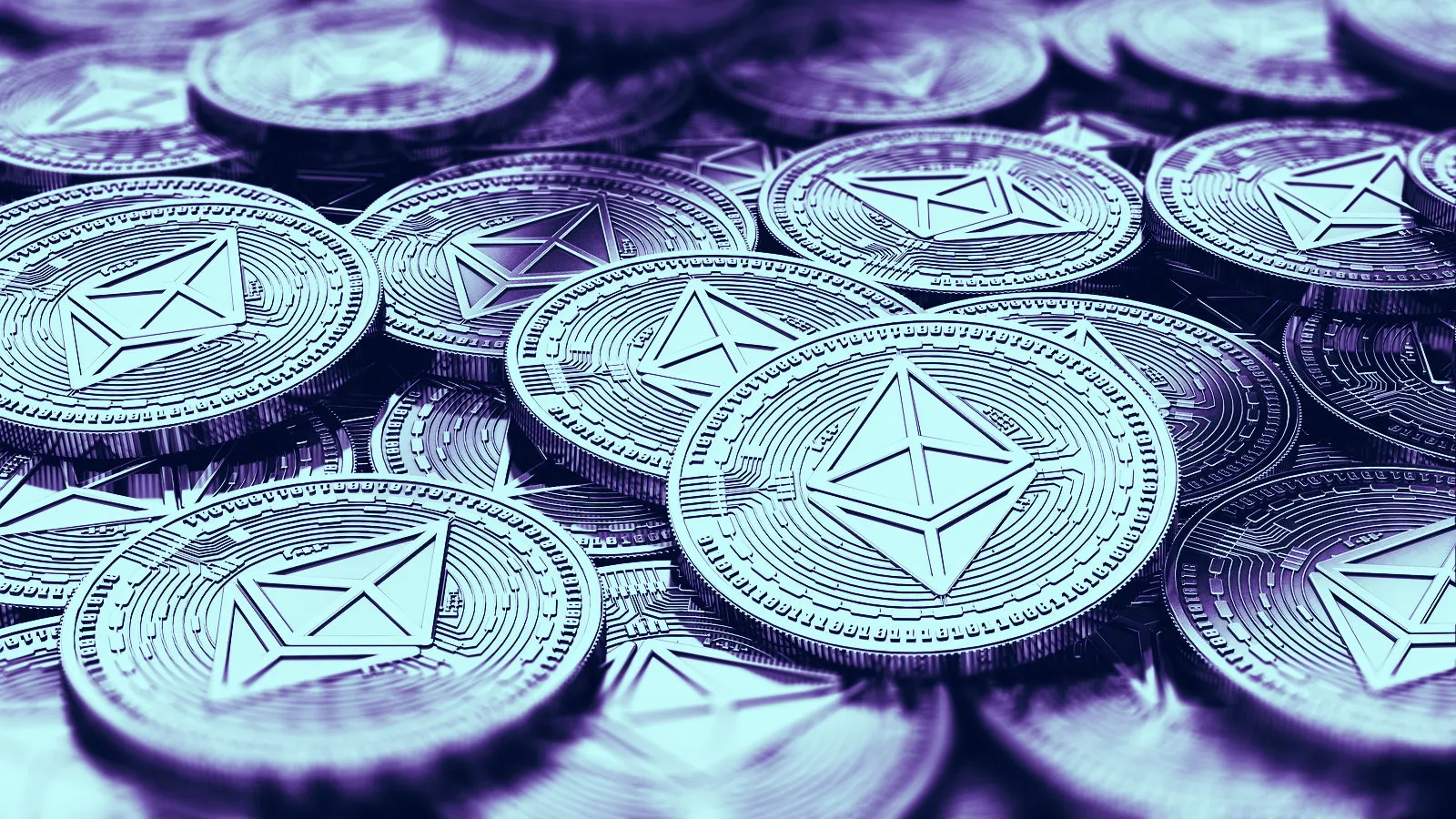The first version of Ethereum 2.0 is set to launch on December 1, according to an Ethereum Foundation blog post today, as long as certain criteria are met. The blockchain upgrade, which moves the network toward a proof-of-stake consensus mechanism, will allow Ethereum holders to stake their coins to help run the network, instead of mining blocks as is currently the case.
As long as there are 16,384 validators on the network, it will go live on December 1 at 12pm UTC. Each validator will need to be staking 32 Ethereum, currently worth $12,700—for a total amount of $209 million.
The Ethereum Foundation also released version 1.0 of the specifications for Ethereum 2.0 today. It revealed a Launch Pad, where users can sign up to become an Ethereum 2.0 validator (someone who stakes on the network) and the main Ethereum contract address—where funds will be deposited.
However, it's worth noting that funds should not be sent directly to the deposit contract, instead they should be staked using the staking mechanism (via the Launch Pad). As ConsenSys (which funds an editorially independent Decrypt) pointed out on Twitter, "REMEMBER: DO NOT SEND ETH TO THE DEPOSIT CONTRACT! Sending Eth to this contract address will result in a failed transaction, and does not mean you are staking on Eth2."
On the back of the announcement, the price of Ethereum spiked $15 from $383 to $398—up 3.9%. This start to reverse a downward trend from a price of $417 that was seen earlier this month.
As Decrypt reported earlier today, a tool was released yesterday that helps to generate keys required for Ethereum 2.0. This was seen as a precurser to the launch of the official specifications and was entitled "We have a go for Main engine start 🚀."
Now it looks like we have a clear date too.
Update: This article has been updated with more information on sending to a contract address and the resultant price jump of Ethereum.
Daily Debrief Newsletter
Start every day with the top news stories right now, plus original features, a podcast, videos and more.

